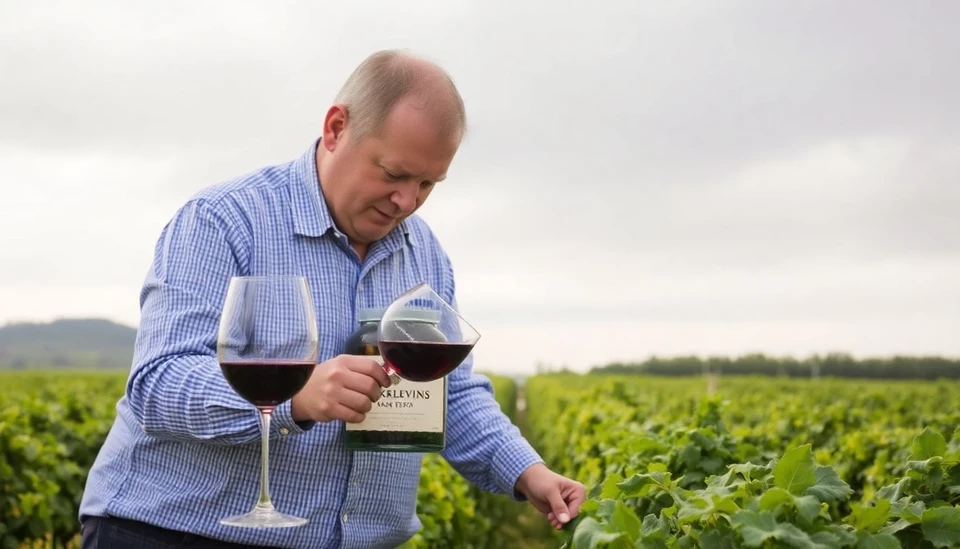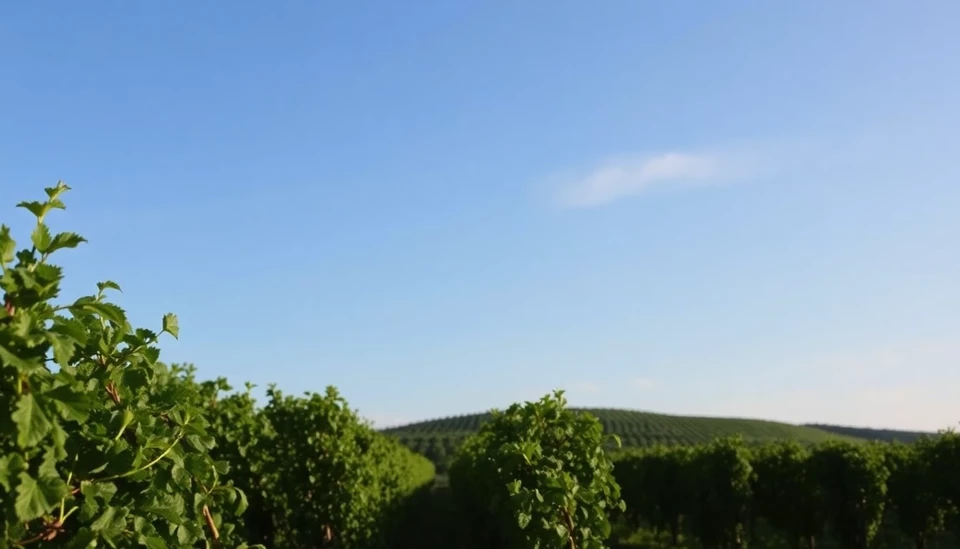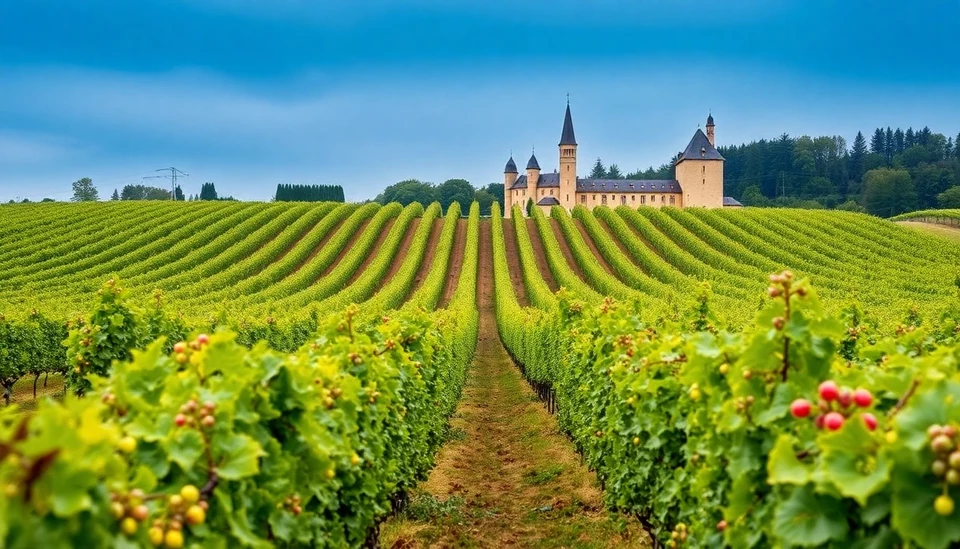
In a troubling turn of events for the French wine industry, local winemakers are experiencing a severe downturn in orders due to the looming threat of tariffs imposed by the United States under the Trump administration. This situation has created a palpable sense of uncertainty among producers in the renowned wine regions of France, who fear that additional trade barriers will severely impact their ability to compete in a key export market.
The potential tariffs come as part of ongoing trade tensions between the U.S. and various countries, particularly concerning agricultural products. Wine from France, long considered a staple in American households and restaurants, is now caught in the crossfire of these heightened economic frictions. As negotiations between the nations fluctuate, French wine farmers are left bracing for the worst.
Particularly affected are the producers from regions such as Bordeaux and Burgundy, where the vineyards have been cultivated with traditions that span centuries. The winemakers are deeply concerned that rising prices due to these tariffs will deter American consumers from purchasing their products. This comes at a time when the demand for premium wines has already been challenged by shifting consumer preferences and market dynamics.
Reports from various French wine growers reveal a 30% drop in orders from American distributors, a worrying statistic that illustrates just how seriously the prospect of increased tariffs is impacting wine businesses. Many vintners rely heavily on vast American markets, where their exquisite brands are celebrated and sought after. The withdrawal of orders signifies not just a potential dip in sales, but a fundamental challenge to the livelihood of these farmers.
In response to the situation, French wine associations are advocating for swift governmental action to mitigate the impact of any proposed tariffs. They argue that negotiation rather than confrontation should guide U.S. and EU relations regarding trade in agricultural products. Additionally, stakeholders within the industry are emphasizing the importance of international cooperation to ensure that traditions and practices that define French wines can be sustained for future generations.
The fear among these wine farmers is not only financial but also cultural. Many winners of prestigious awards have come from these regions, and the relationships built over decades within the industry could suffer irreparably if trade barriers persist. Alongside potential tariff increases, climate change and other economic challenges further contribute to the precariousness of the situation.
As discussions around tariffs continue, the French wine community remains hopeful that their esteemed products will receive the support they need to navigate these stormy waters. Industry leaders are advocating for a united front to demonstrate the value of French wine on a global scale and encourage the U.S. to reconsider any punitive measures that could cripple their beloved tradition.
The coming months are critical for French winemakers as they await clarity on U.S. trade policies. The stakes could not be higher, as both cultural heritage and economic viability hang in the balance.
As wine enthusiasts and producers from around the world keep a watchful eye on the situation, it becomes increasingly clear that the interconnected nature of global trade will play a significant role in shaping the future of France’s wine industry.
#FrenchWine #Tariffs #TradeTensions #Winemakers #Bordeaux #Burgundy #WineIndustry #USRelations #Agriculture #EconomicImpact
Author: Rachel Greene

